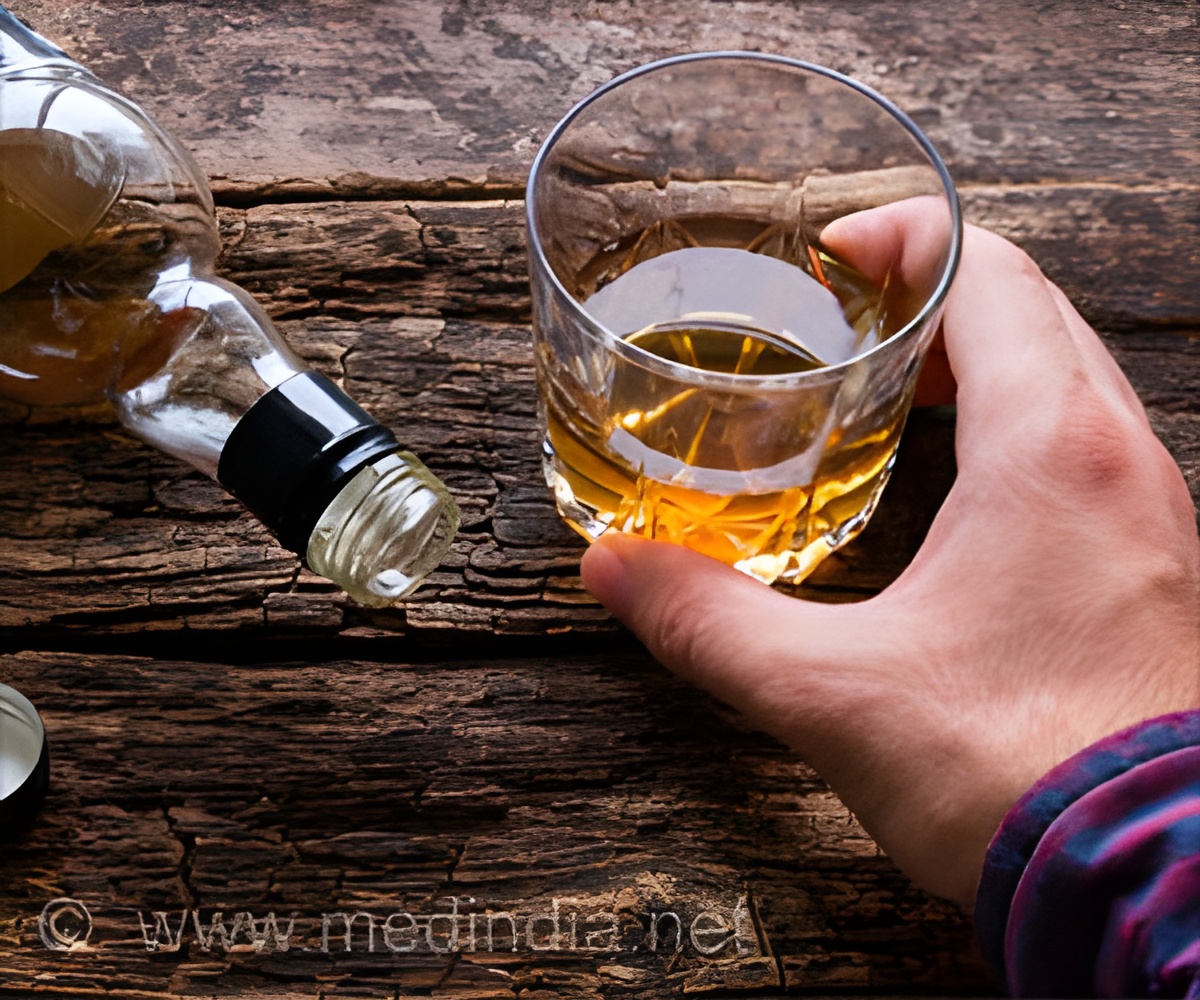Alcohol triggers the brain to release dopamine, which is a neurochemical, and some drugs currently available to treat alcoholism are aimed at dopamine.

They also observed very few of the side effects common to alcoholism treatment drugs such as depression and losing the ability to experience pleasure.
"Alcoholism is a major problem. We need a better treatment right now," said Tiruveedhula, a graduate student at the University of Wisconsin, Milwaukee.
The drugs also appeared to reduce anxiety in "alcoholic" rats but not in control rats.
Scientists have found that alcohol triggers the brain to release dopamine, a neurochemical whose levels increase in response to eating, sex or listening to music. Some drugs currently available to treat alcoholism are aimed at dopamine.
"They dampen out the dopamine system a little bit, so you don't get so happy when you have an alcoholic beverage," added James Cook, chemist at the University of Wisconsin, Milwaukee.
Advertisement
Tiruveedhula has made several new beta-carboline compounds that could represent the future of alcoholism treatment. As such, the beta-carbolines may also be less addictive.
Advertisement
The team will present the results at the national meeting and exposition of the American Chemical Society (ACS) in Boston this week.
Source-IANS















